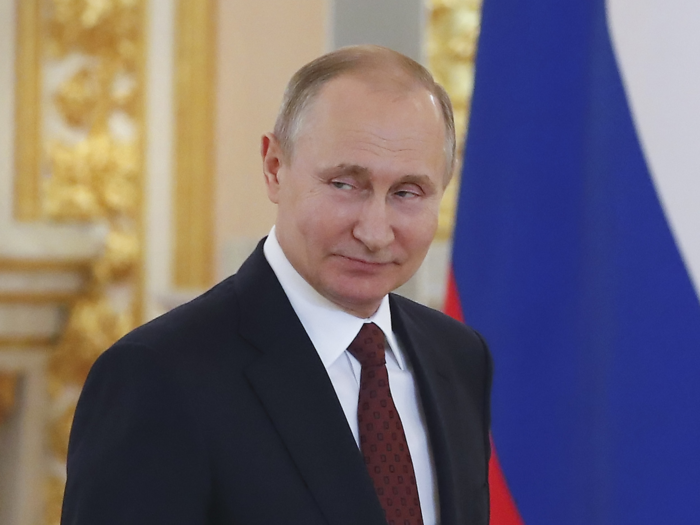- Home
- slideshows
- miscellaneous
- 9 mind-blowing facts about North Korea's economy
9 mind-blowing facts about North Korea's economy
More than 40% of North Koreans are undernourished.

Virtually nobody uses the internet in North Korea.
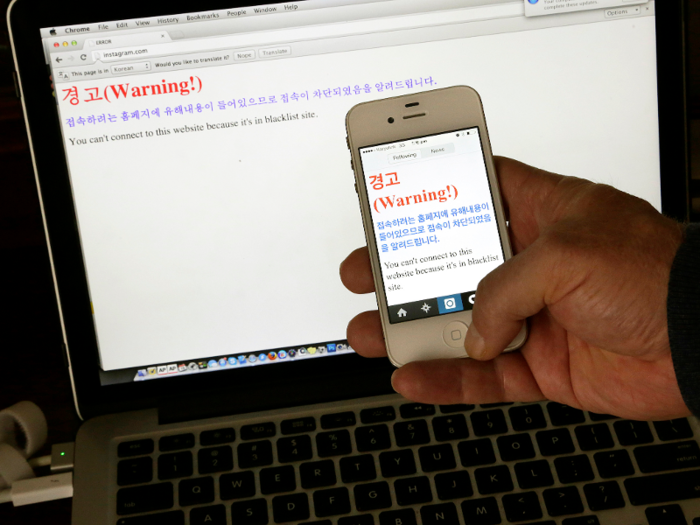
North Korea severely restricts internet access for its citizens.
There is one secure internet server in the country, but not even 1% of the population finds itself on the internet.
Instead, citizens are relegated to using a state-controlled, domestic-only intranet network called Kwangmyong. The service is free (if you can afford a computer), but it only allows access to a select list of censored websites.
According to The Daily Telegraph, the only North Koreans who can use the internet as we know it are political leaders and their families, students at elite universities, and people who work for the nation's cyber warfare units.
Vox reported that Kwangmyong "runs rudimentary email and browser tools that are restricted to a hand-picked collection of 'sites' that have been copied over and censored from the real internet."
There could be trillions of dollars worth of minerals underground in North Korea.

North Korea likely is sitting on a wealth of mineral deposits, with one estimate reaching nearly $10 trillion and another reaching more than $6 trillion, according to Quartz.
The deposits could include more than 200 types of mineral, including iron, gold, zinc, copper, and graphite. Likewise, there's plenty of rare metals used in smartphone production in China and South Korea.
The estimates of the mineral value come largely from South Korean companies, although Quartz noted that North Korea runs its mines inefficiently and private mining is illegal in the communist country.
Leader Kim Jong-il spent $800,000 a year on Hennessy.

At one point, North Korean leader Kim Jong Il was spending upwards of $800,000 a year on Hennessy, according to US News & World Report.
The cognac distiller even announced that for two years in the mid-1990s, Kim was the world's largest buyer of Hennessy, The Wall Street Journal reported.
A single bottle of Hennessy can retail for $630 in North Korea — that isn't much less than the average North Korean's annual income, which is estimated to be between $1,000 and $2,000.
There are two economies in North Korea, and two prices for everything.
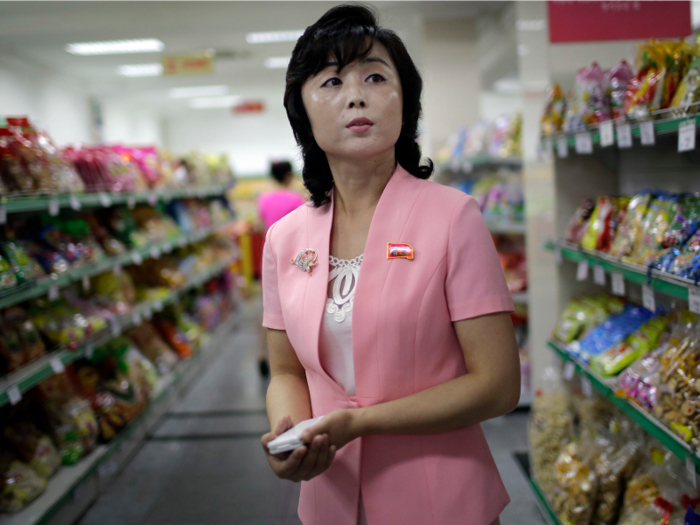
As a communist nation, there's the state-run economy and an underground economy.
Because of this, there are two prices for everything, Bill Brown, an adjunct professor at Georgetown University, told Marketplace last year. One state worker might get paid a fraction of another worker who is employed by a Chinese factory.
A textile worker at a state-owned Pyongyang enterprise might make 3,000 North Korean won per month, Brown said, while the same worker might make 100 times as much by working in a Chinese-affiliated factory. It's "just a very destabilizing, inefficient system," he said.
A $3.9 million hiking trail is at the heart of a Korean unification project.
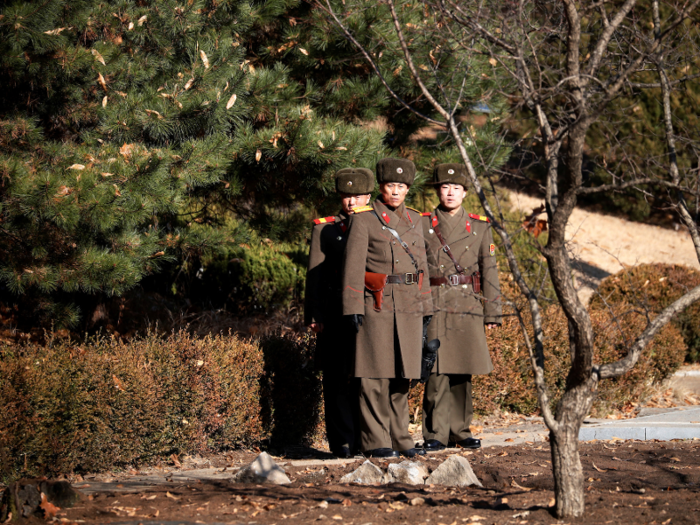
In April, the Inter-Korean Exchange and Cooperation Council approved a $3.9 million budget to construct hiking trails in the demilitarized zone, or DMZ, separating North Korea from South Korea.
The project is a step from an agreement last month to start taking measures to turn the DMZ into a peaceful zone. North and South Korea have also recently removed 11 guard posts from inside the zone.
North Korean hackers have stolen $670 million of foreign and virtual currency.
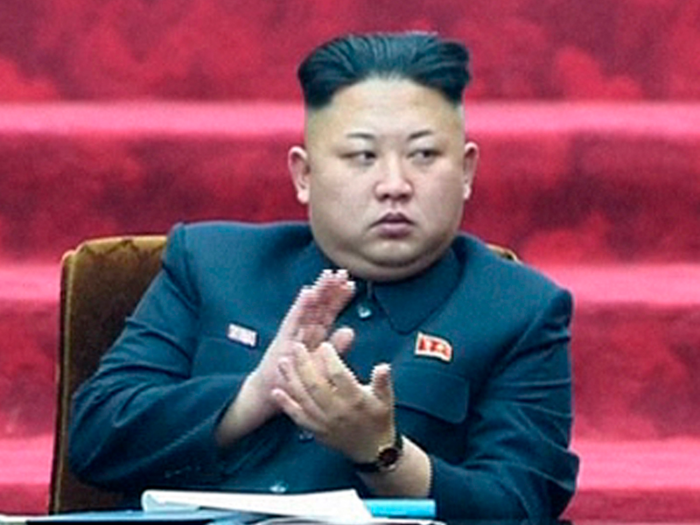
While few citizens find their way onto the internet in North Korea, more than $670 million of currency and cryptocurrency have been stolen by North Korean hackers, according to a report by the UN Security Council.
The big hauls made by the hackers include $81 million from the Central Bank of Bangladesh, $13.5 million from Cosmos Bank in India, and $10 million from the Bank of Chile's ATM network.
North Korea makes an estimated $50 million a year from illegal activities.
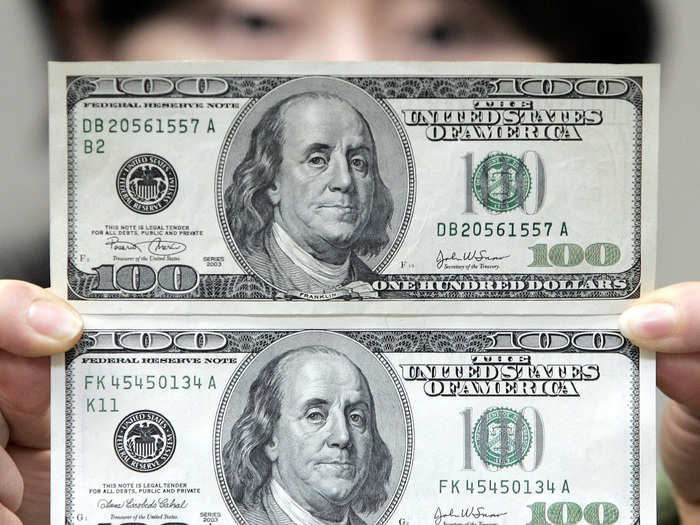
It's not just hacking. It's estimated the North Korean government makes $50 million a year off of illegal activities, like drug sales and fake US currency.
North Korea has denied the claim, but did not provide official economic statistics, making it difficult to determine the truth. The UN suggested the illegal funds help fund Kim's lavish lifestyle.
It costs $12,000 to defect from North Korea.
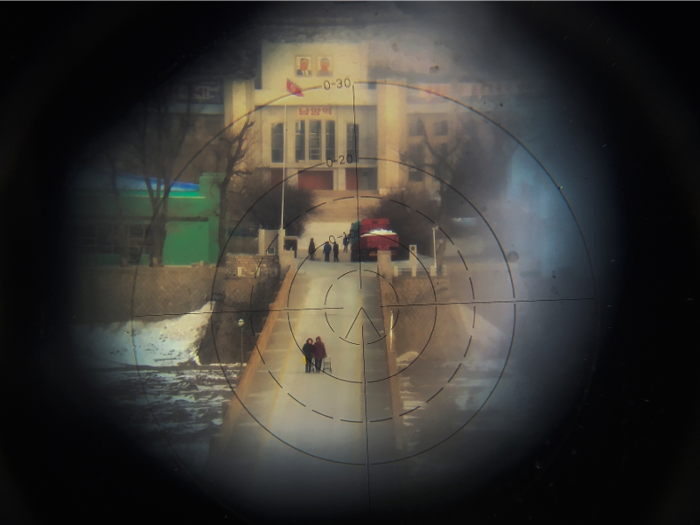
Defecting from North Korea can cost a fortune, and it's becoming increasingly difficult to leave the country since Kim Jong-un took over in late 2011.
According to The Washington Post, defectors need to pay brokers $12,000 to defect to South Korea. Other estimates put the price tag as high as $17,000. That's up sharply from the pre-2012 price of around $2,000 or $3,000. And going back to the early 2000s, it cost North Koreans just $45 to defect, rights groups said.
Because North Koreans make less than $2,000 a year, the only realistic way they can afford to defect is if a family member has already done so and can pony up the fee.
The most common method of leaving the country for defectors is by crossing the river that marks North Korea's border with China. However, increased border security has made defecting harder and harder, the Post reported.
Popular Right Now
Popular Keywords
Advertisement
